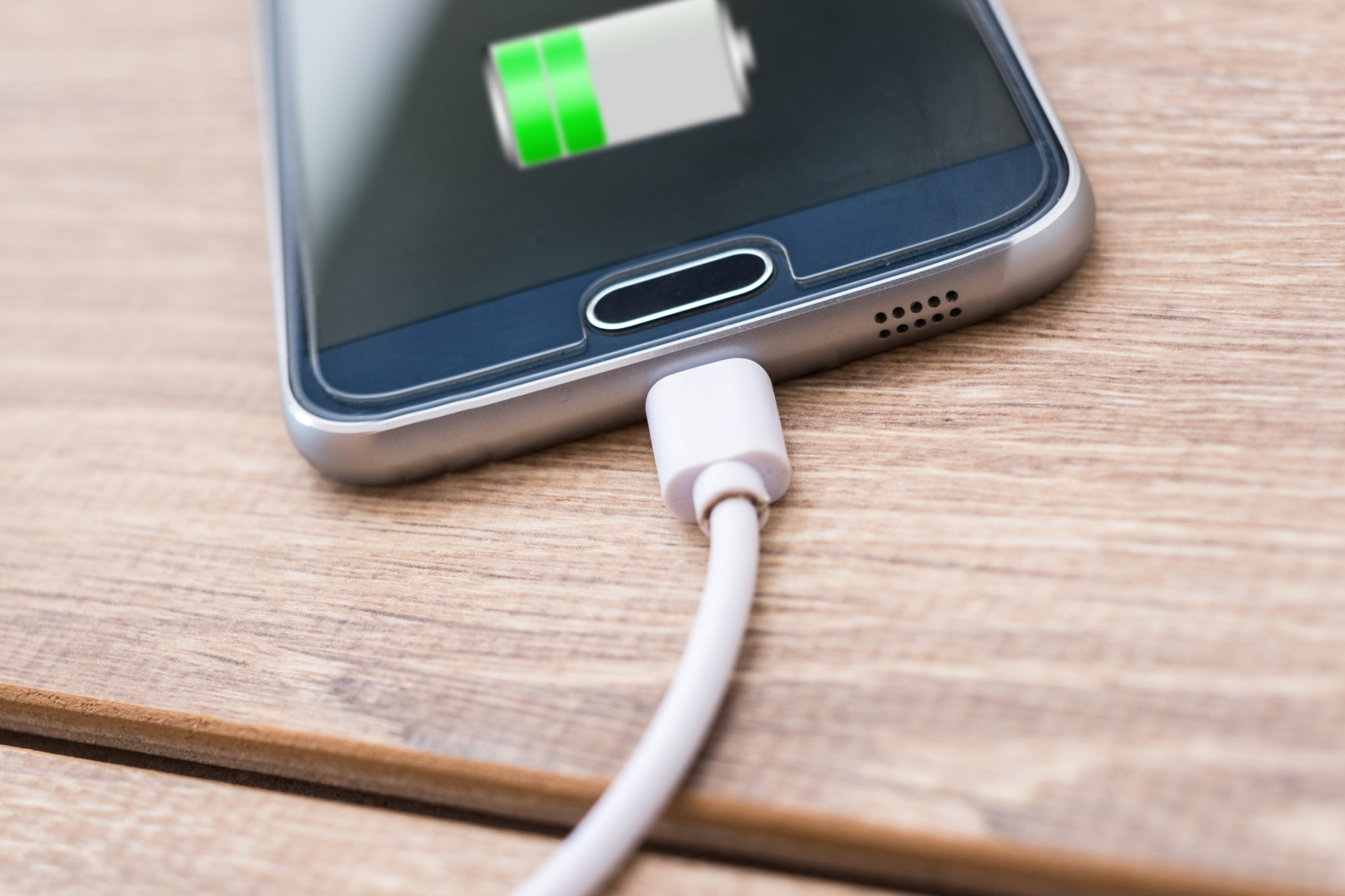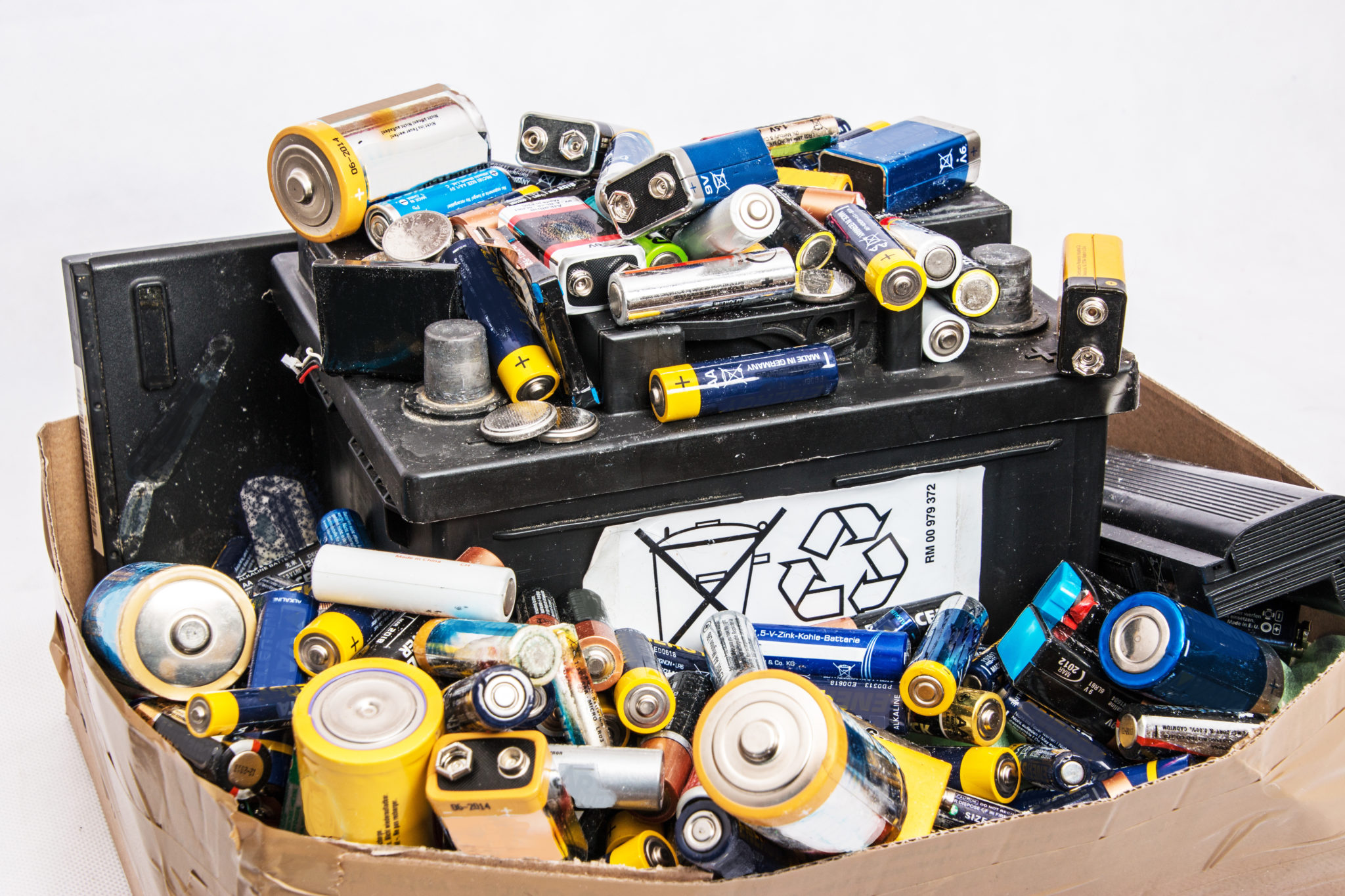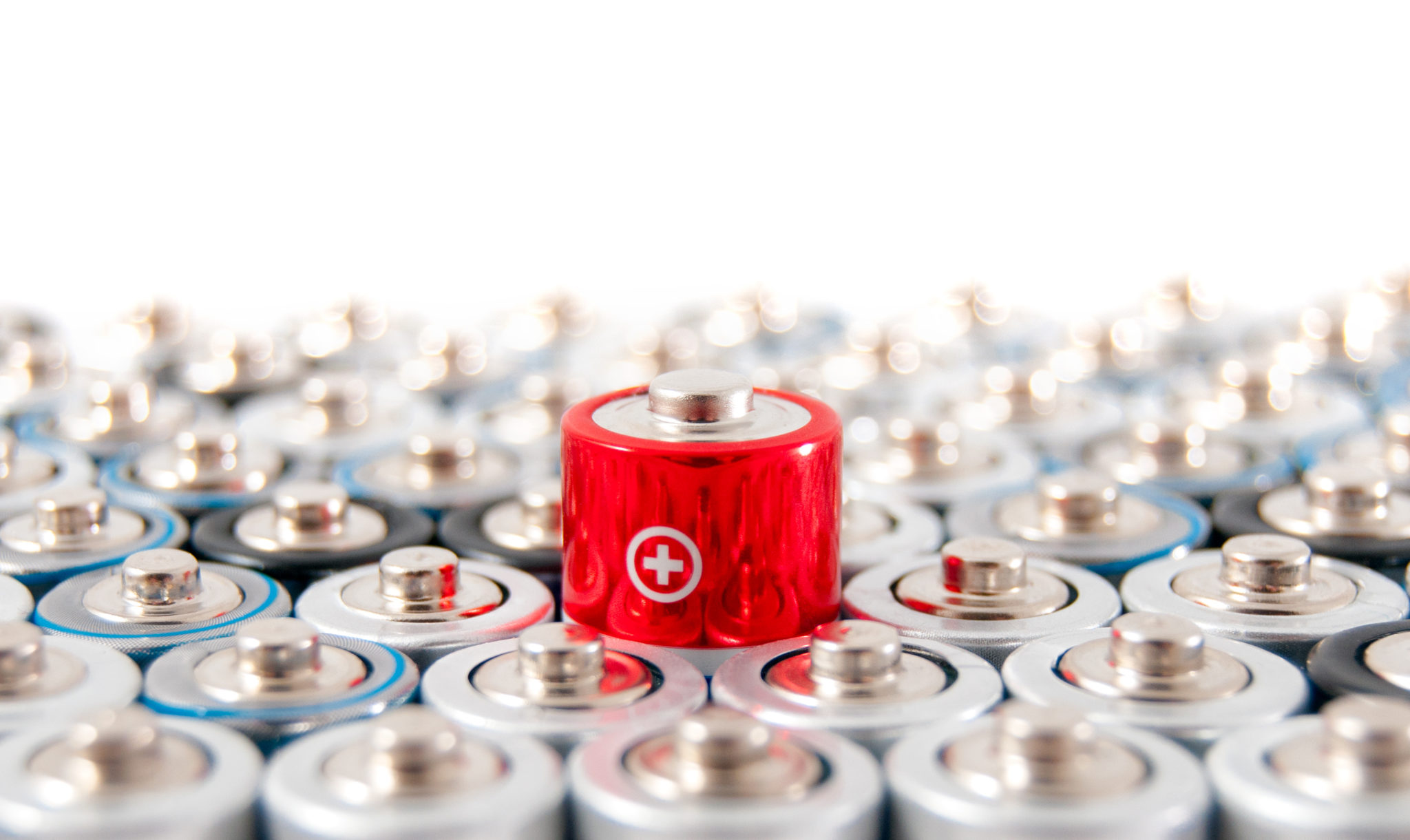Lithium batteries are used for many things, and they are very safe. But proper use, handling and storage are important for keeping workers safe on the job.
Common Uses of Lithium Batteries
Lithium batteries are used in many devices present in the workplace. They include pretty much all computers, cell phones, cordless tools, watches, cameras, flashlights, some medical devices, and vehicles ranging from golf carts, electric cars, airplanes and many others.
Types of Lithium Batteries and Their Hazards
Lithium metal batteries are almost always single-use, non-rechargeable batteries. Lithium ion batteries are usually rechargeable. They use lithium ions found in lithium compounds to create a chemical reaction. Lithium ion batteries are more stable than lithium metal batteries, but they can still generate heat, catch fire or even explode.
Hazards of Lithium and Lithium Compounds
Lithium is a soft, silver-white alkali metal that reacts with water, including the moisture in ambient air. Lithium is flammable, and can spontaneously ignite. It must be encased in a compatible substance such as petroleum jelly so it cannot contact moisture or anything else. It is corrosive to skin and other metals, and toxic if consumed in large enough quantities, and releases toxic vapors if burned. Most incidents happen when the battery’s shell is damaged and the lithium is exposed to air/moisture. Lithium compounds contain lithium ions which are individual lithium atoms. These are different from pure lithium metal. They tend to be much more stable, though they can still be corrosive, irritating or toxic.
Recommended Safe Handling and Storage Methods for Lithium Batteries
When working with lithium batteries in an occupational setting, people may be managing large numbers of batteries. It’s important to wear all required protective equipment, including eye protection. Preventing shorts by protecting battery terminals from contacting each other is a fundamental safe handling and storage practice. Battery terminals should remain covered, if possible. Care should always be taken when handling batteries. Using excessive force to remove batteries from a device can cause damage, so be careful. Batteries should only be charged according to manufacturer’s instructions. Any swollen, dented or otherwise damaged batteries should be disposed of.
Batteries should be stored in a well-ventilated, dry area kept between 40 and 80 degrees Fahrenheit. They should be stored away from direct sunlight, heat sources, and water. Batteries should be stacked so that they’re stable and won’t be bumped, knocked over or otherwise damaged. Never stack heavy objects on top of batteries or devices containing batteries. Lithium metal batteries should be isolated from other types of batteries and all batteries should be isolated from flammable or explosive materials.
Lithium Battery Disposal
Most types of lithium batteries are considered either regular solid waste, or universal waste, depending on the exact battery. Universal wastes are regulated by simplified rules that make disposal easier than if they were considered hazardous wastes. However, there are some types of lithium batteries that are classified as hazardous wastes.
Lithium Battery Spill Cleanup
If a lithium battery is damaged and the contents spill out, precautions must be taken to prevent anyone from contacting the spilled material. Only people with proper training should attempt to clean the spill. If the spill involves a lithium metal battery, the area should be evacuated until a qualified person can be called in to respond to the spill. If battery contents get on the skin, the area should be flushed with clean water for at least 15 minutes. Call for medical attention if necessary. Gases or vapors from batteries must not be inhaled. If you think someone has inhaled gases or vapors from a lithium battery, get them outside or into another area away from the battery, and get medical help.
Conclusion
Lithium batteries are, by and large, a safe and reliable source of portable energy. The number of incidents involving lithium batteries is relatively small, and the general likelihood of being injured by lithium batteries is also low. However, an ounce of prevention is worth a pound of cure, as the saying goes. Knowing a little about the types of lithium batteries, their potential hazards, and safe handling and storage of lithium batteries will go a long way toward ensuring your safety and the safety of your coworkers, employees, or even your family. If you are not sure about how to dispose of a battery, whether a battery is safe, or have any questions about lithium batteries, there are many online resources, including the Consumer Product Safety Commission website.
The CPSC also provides general guidance on lithium cell phone batteries.
If you believe a lithium battery is damaged, is overheating, is swollen or seems like it’s dangerous in some way, call 911.
SafetySkills has created a course over lithium battery safety that covers the following topics:
- Types of lithium batteries
- Hazards associated with lithium batteries
- Proper handling, storage and disposal of lithium batteries
- Response procedures for emergencies involving lithium batteries


